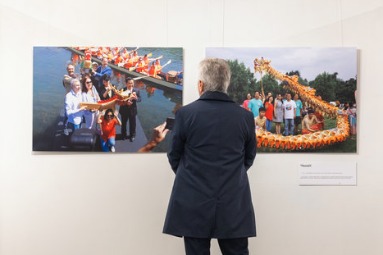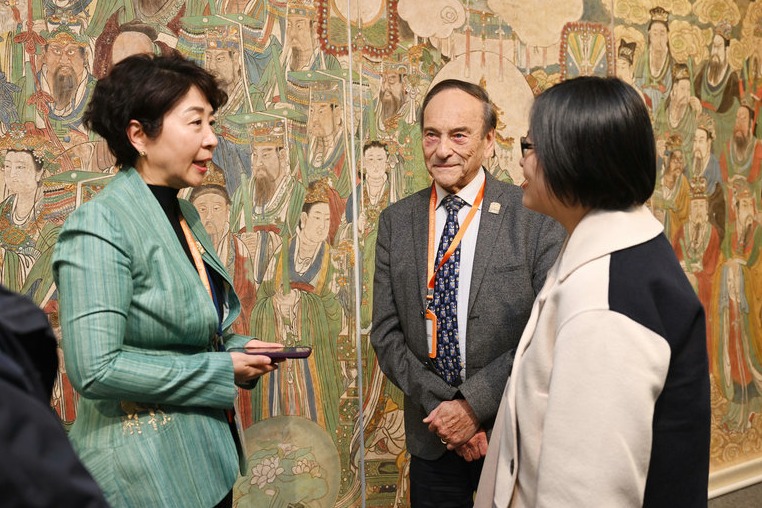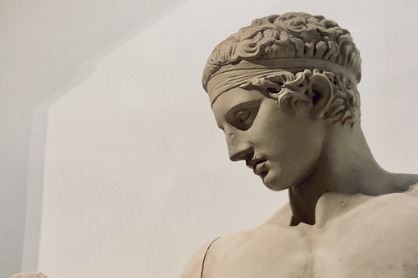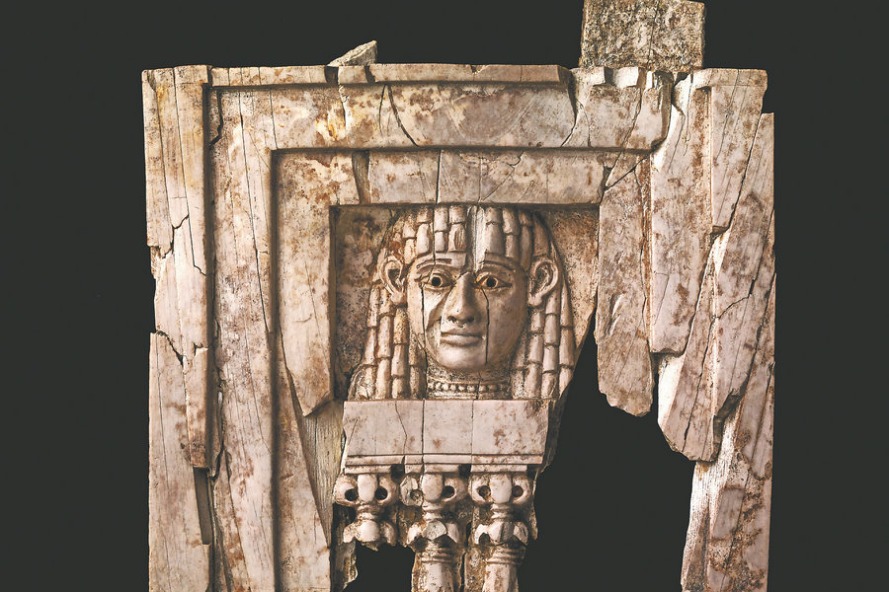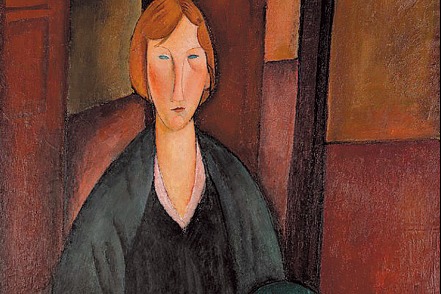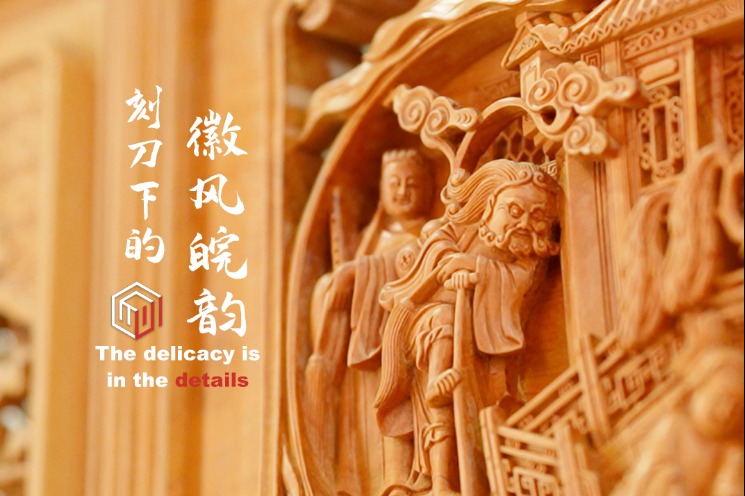On a historical note

"She is very open-minded about music and we tried to find a balance between pipa and electronic music. We agreed that the two, one from ancient China and the other from the contemporary world, should coexist with harmony and independence," Liu adds.
Zhao, who was born into a family of musicians in Northeast China's Jilin province, learned to play pipa with her mother when she was a child. In 1996, Zhao came to Beijing to study pipa at the Central Conservatory of Music and joined the China National Traditional Orchestra after her graduation in 2000.
She is known for reviving the ancient musical instrument by giving it a contemporary twist. Her 2005 debut album Carmen features pieces adapted for pipa and guitar.
Her second album Sound of China-Dance in the Moon, which was released in 2008, saw her collaborating with the Prague Symphony Orchestra, featuring pieces such as Moonlight on Spring River and Ambush on All Sides.
The pipa player is also credited with popularizing the ancient instrument among a younger audience. She performed a pipa piece titled Red Flame, for Honor of Kings, a best-selling video game by Tencent Games subsidiary TiMi Studios, when it introduced its new character, a female warrior named Yun Ying. With different techniques of playing her pipa, such as plucking the strings individually or sweeping the pick across all of the strings at once, Zhao vividly portrays Yun Ying, a lovely, brave young female warrior armed with a spear.
Though she has never been trained to compose, since her first album, Zhao has tried to write original material for her instrument.
"Composing for Sanxingdui was quite challenging compared to my other compositions. It's abstract and full of complexity," says Zhao, who once wrote a pipa piece titled Flying Apsaras, inspired by a trip to Dunhuang in Northwest China's Gansu province, home to the Mogao Grottoes.
"I sent Liu lots of musical elements that I thought of after returning from Sanxingdui and he replied with his electronic arrangements. Those sounds then inspired new ideas. We finished the whole piece by inspiring each other and exchanging ideas back and forth. It was a long process," says Zhao.


















